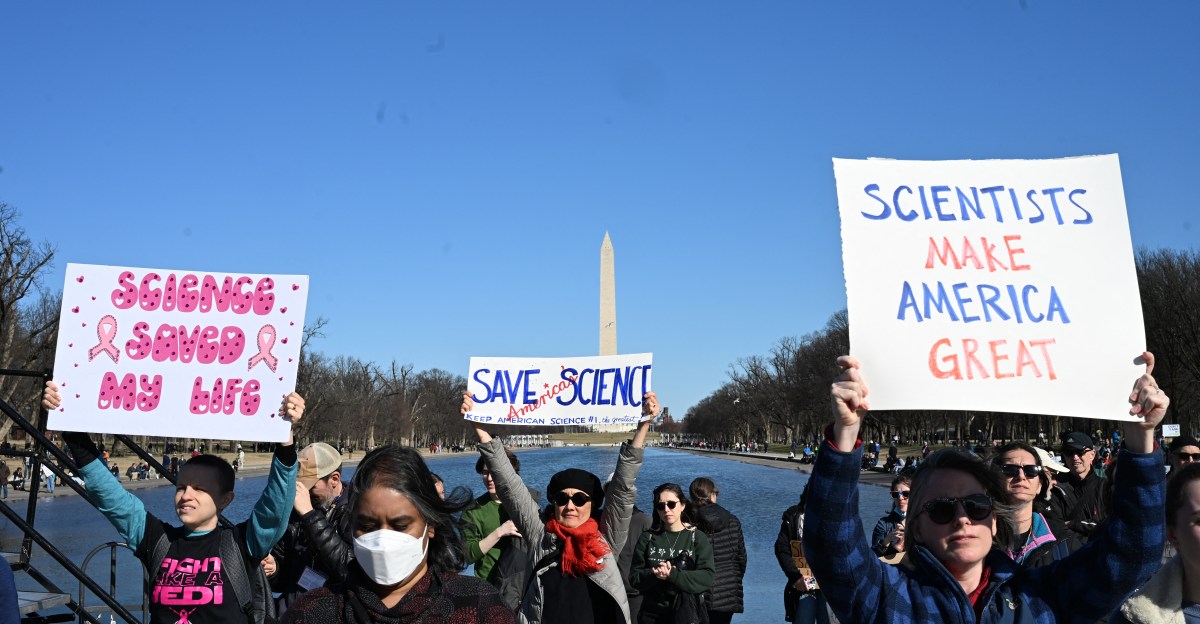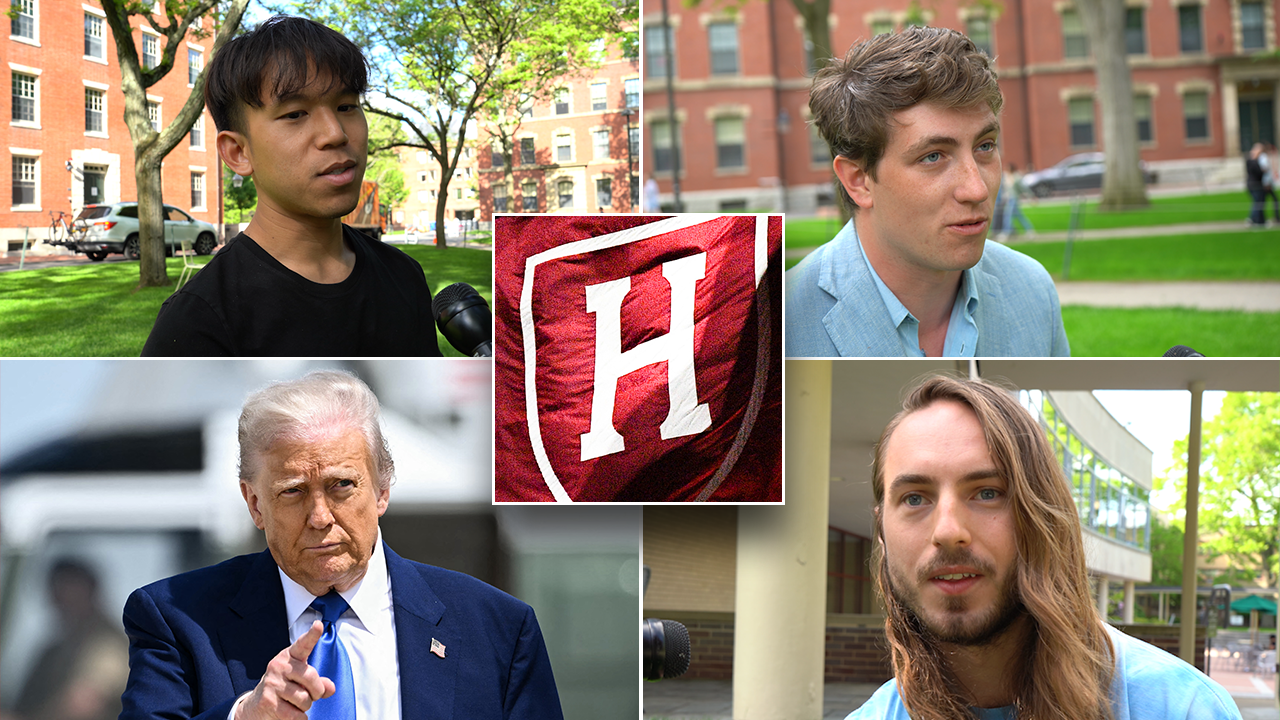The Quiet Crisis: Is American Science Facing Its Most Challenging Era Yet?
For decades, the United States has led the world in scientific innovation, but experts now warn of a troubling decline. As federal funding stagnates, public trust erodes, and global competition intensifies, American science faces unprecedented challenges. Researchers cite shrinking budgets, political interference, and a lack of young talent entering STEM fields as key threats. Without urgent action, the nation risks losing its edge in critical technologies—from AI to clean energy.
Dwindling Funding: The Lifeblood of Research
Federal investment in research and development (R&D) has plateaued, dropping from 1.2% of GDP in the 1960s to just 0.7% today. Adjusted for inflation, the National Institutes of Health (NIH) budget has remained flat since 2003, while the National Science Foundation (NSF) struggles to keep pace with rising costs. Private sector funding, though growing, often prioritizes short-term profits over foundational research.
“We’re eating the seed corn,” warns Dr. Elena Rodriguez, a biochemist at MIT. “Breakthroughs like mRNA vaccines or the internet emerged from decades of basic research. If we neglect that pipeline, we won’t see the next revolution.”
- Global rankings slip: The U.S. now ranks 10th in R&D investment as a percentage of GDP, behind South Korea and Israel.
- Brain drain: 40% of U.S. STEM PhDs are earned by international students, many of whom face visa hurdles or return home.
- Regional disparities: 10 states account for 75% of federal R&D spending, leaving vast “innovation deserts.”
Public Disengagement and Political Polarization
Surveys show only 39% of Americans trust scientists “a great deal,” down from 48% in 1975. Climate change, vaccines, and evolution have become politicized, undermining consensus. Meanwhile, China graduates four times as many engineers annually, and its state-backed research model aggressively targets strategic fields.
“Science used to be a bipartisan priority,” notes policy analyst David Chen. “Now, even facts are negotiable. When Congress debates whether to fund climate research, we’re in dangerous territory.”
The Talent Pipeline Problem
U.S. students rank 25th in math and 18th in science globally, with STEM participation lagging among women and minorities. Rising tuition and low graduate stipends deter potential researchers. A 2022 NSF report found 28% of postdocs earn less than $50,000 annually—barely a living wage in major research hubs.
Dr. Alicia Mendez, a materials scientist, highlights the stakes: “We can’t expect to lead in quantum computing if our labs are empty. Other countries offer better pay, facilities, and stability.”
Signs of Hope Amid the Crisis
Some initiatives buck the trend. The CHIPS and Science Act pledges $200 billion for semiconductor and energy research. Philanthropies like the Gates Foundation fill gaps in health and agriculture. Meanwhile, community-led “citizen science” projects engage the public in climate monitoring and astronomy.
Yet experts argue systemic fixes are needed:
- Tripling federal basic research budgets by 2030
- Expanding visa quotas for STEM graduates
- Revamping K-12 science curricula to emphasize critical thinking
What Lies Ahead for American Science?
The stakes extend beyond academia. Scientific leadership underpins economic growth, national security, and pandemic preparedness. Without course correction, the U.S. may cede ground to rivals—or face crises it lacks the expertise to solve.
“This isn’t just about labs and papers,” says Rodriguez. “It’s about whether America remains a place where big ideas happen.” For policymakers and citizens alike, the time to act is now. To support science advocacy efforts, contact your representatives or donate to organizations like the American Association for the Advancement of Science (AAAS).
See more TED Talks World

